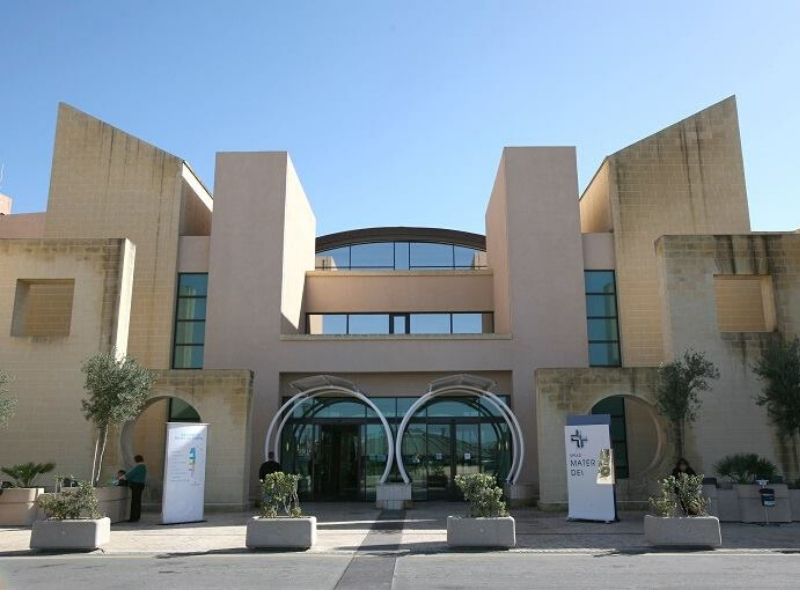A political u-turn by the government that withdrew the decision to pay healthcare workers at the frontline of the coronavirus pandemic an extra €50 per shift has left nurses feeling they are caught up in the middle of a trade union battle.
A number of nurses and healthcare workers have contacted The Shift to highlight a situation they are facing in the ongoing COVID-19 pandemic where they feel they are pawns in a game where the Malta Union of Midwives and Nurses (MUMN) and General Workers Union (GWU) are the main players.
It all started in March when the nurses’ union proposed compensation of €50 per shift as a “hazard allowance” for its members working on the frontline, which was agreed to by the government. Yet, this was called off at the last minute, which came as a surprise.
“We thought we had an agreement and we were even informed that the government had already done the costing around it. We had reason to believe the Health Minister was all for it,” a MUMN union member told The Shift.
Another health worker said this change of heart from the government was discouraging to healthcare workers who were doing their job despite the dangers.
However, the actual request for hazard allowance was seen by some of the nurses and health workers as offensive as it did not represent the working spirit during this time.
“People have lost their jobs; are we really going to fight for an additional €50?” a nurse at the Emergency Department told The Shift. “This money could go for better equipment or better care for our patients. But the union (MUMN) made it look like we are not doing this from the heart.”
Some even aired their disapproval on social media to express their disgust at how MUMN is “taking advantage” of the pandemic. “We have been understanding and supportive of the situation, yet I see this constant bickering and attempts at taking advantage of a delicate situation coming from a few fellow nurses and MUMN representatives,” Bernard Gatt wrote in a post on Facebook.
In fact, a number of healthcare workers wanted to disassociate themselves from the MUMN and resigned, signing up with the GWU instead.
When contacted, a MUMN official played down the severity of the issue saying that the group who jumped ship amounted to around 20. “Some even have dual membership, just to be politically safe,” he said.
The Shift spoke to healthcare workers from different departments including the labour ward and emergency department, as well as doctors working at Mater Dei. Their views, although sometimes conflicting, raised questions about the authorities’ approach to the pandemic.
“It appears that despite the genuine efforts by the local health authorities to keep the pandemic in Malta under control, the long term effects of how the country is dealing with COVID-19 are not being taken into consideration,” one nurse said.
Another compared it to a honeymoon period, pointing out that the authorities needed to think of the long term. “It’s great to see the government taking a pro-active approach but we are going through a honeymoon period and unless we do something about it, we will regret it in the future”.
These conflicting perspectives on how Malta is dealing with the pandemic create doubt and raise questions as to whether the public is being shown the full picture. A clear example is a recent report by the European Centre for Disease Prevention and Control where Malta was one of the seven countries that registered a higher mortality rate than expected among people aged 65 and over. This higher mortality rate was registered in March, despite the low number of deaths attributed by the local health authorities to coronavirus.
The onset of the pandemic also put on hold the government’s plans to employ nurses from India and recruitment plans – a move that showed some dodgy companies taking up the offer. It was halted because of the outbreak in India and the lockdown in the country that prevented travel. Some say this was a blessing in disguise.

Advert calling for nurses in India to come to Malta launched by a company with no background and a website hastily put together, leading to concerns about exploitation.
This week, the government has relaxed the preventative measures put in place to control the spread of the pandemic as the numbers of positive cases have dropped.
The government has been very vocal about the international praise it has received for the way it handled the pandemic and recently issued a statement quoting a German credit agency that listed Malta as one of the top five countries in the world in its ability to resist the pandemic.












